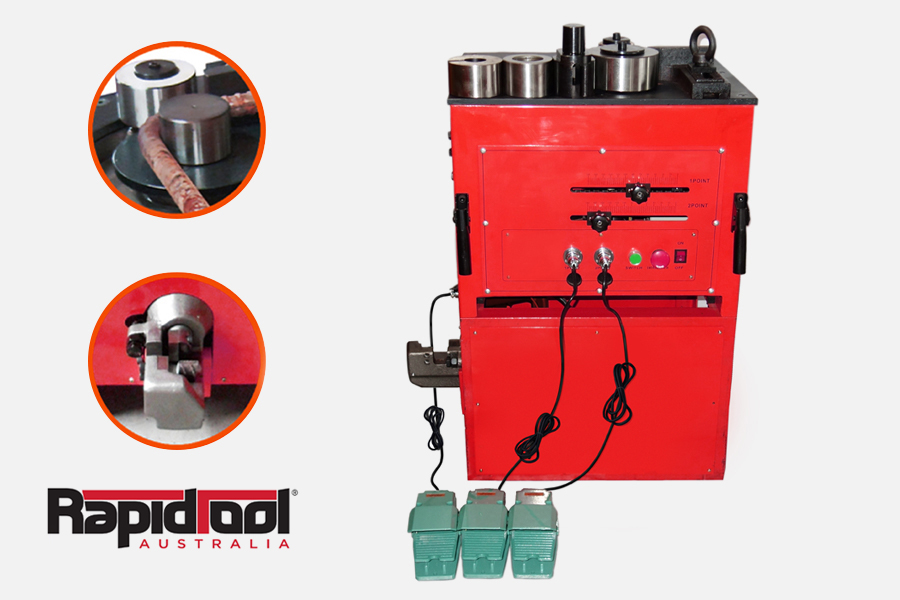Bar cutters, also known as ‘rebar cutters’ are the tools that are specifically designed to cut reinforcing steel bars. They allow builders to provide the right length of steel and provide the correct structural integrity. Cutting through any steel can be challenging due to the material’s thickness. So, with a bar cutter, workers can safely and efficiently cut the bars without resorting to dangerous methods, like using a cutting torch or a regular saw. Here are the four different kinds of bar cutters used in the industry:
1. Electric – The most common type of rebar cutter is the electric variant, which comes with superior quality hydraulics for increased safety and efficiency on site. A good cutter has an industrial strength machine head and a 110-120V or 220-240V electric motor, a durable and lightweight build, and the ability to cut quickly in under 2.5 seconds.
2. Two-in-one – This type of industrial bar cutter comes with a bender for more versatility. This equipment may be practical if you a compact product that is easier to transport and will provide you with two devices in one. An excellent product comes with a single-phase 220-240V AC – 50Hz electric motor, with 1050W of power input for the bender and 1150W for the cutter. The bender can perform a minimum bending of 6mm and a maximum bending capacity of 25mm or 500MPa, with angles between zero to 180 degrees.
3. Battery-powered rebar cutters – A rebar cutter that runs on batteries can be handy where power from electricity is unavailable or inaccessible. It is portable, too, just like the electric rebar cutter.
4. Dual-power bar cutters – Some rebar cutters are versatile with their ability to run on two different power sources. You can plug them into an electrical outlet or make them run on batteries, in case electric power is not available or difficult to provide on the construction site. Some cutters run on rechargeable lithium-ion batteries, which last longer and can help a business save money in the long run by not requiring them to buy replacement batteries at every discharge.


